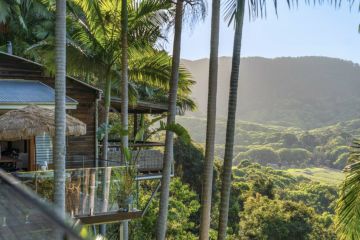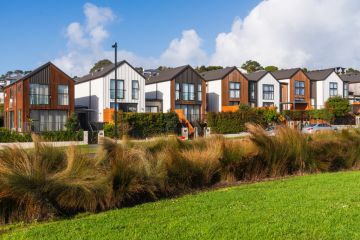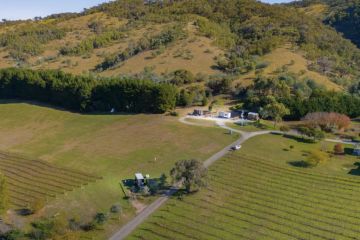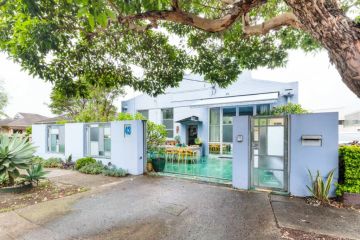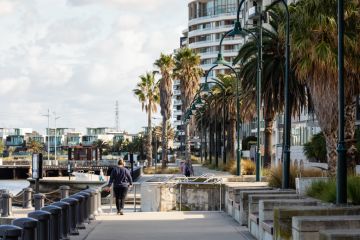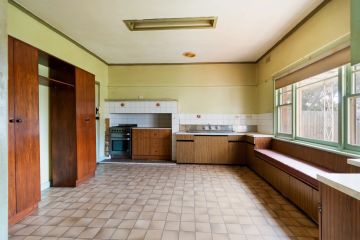Practical programs help students learn the true value of giving back
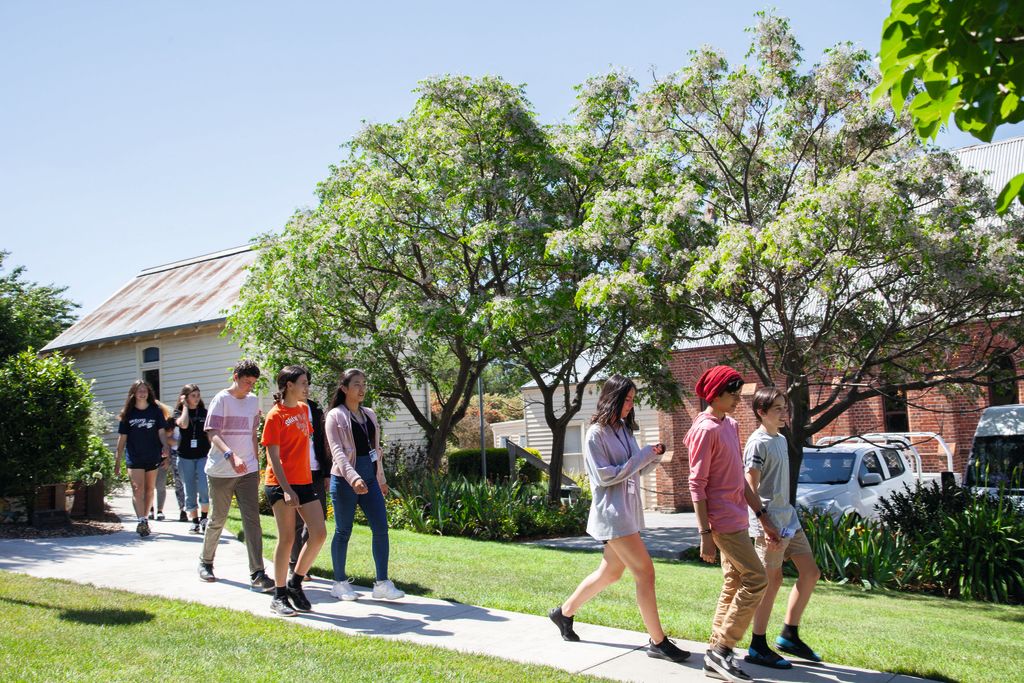
Fundraising for worthy causes is a staple within school communities, yet even with the best intentions students often don’t fully understand where the money goes, or the impact it can have. At Haileybury, that changed last year when a clever social justice program was embedded in the curriculum.
Year 6 students across the school’s four campuses raised money to purchase solar lamps from a charity called SolarBuddy. They constructed the lights themselves and sent them to Cambodia, where one-third of school-age children live in homes with no electricity, and the other two-thirds experience frequent outages.
Letters were written to accompany the lights, and in due course there was a heartwarming reply in the Haileybury post, accompanied by photos of Cambodian children reading those letters under their new lamps – 300 in all, which over three years will provide 657,000 safe study hours.
“What is great about this program,” says Haileybury’s head of teaching and learning, Middle School, Melissa Allen, “is that the students were studying energy poverty and were then introduced to the SolarBuddy program, and then they constructed the lights themselves.
“The majority of students at the start of the program didn’t understand what energy poverty meant. To look at the difference at the end of the unit, when they’d constructed the lights, written the letter and were sharing those photos with the Cambodian students, was amazing.”
Exploring fair and just relations between the individual and society has an ancient footprint in schooling, yet “social justice” continues to grow in student consciousness as schools strive to develop strong, resilient and intelligent young people.
Wesley College is this year celebrating 20 years of the “Clunes Experience”, where year 9 students spend eight weeks living in the historic gold mining town north of Ballarat. Along with the challenges of shared living that foster greater independence, Wesley has become a real part of the community.
“Our program is very firmly connected to the local town,” head of Wesley at Clunes Ben Marsland says. “That’s one of the key elements that sets it apart from other residential learning programs.
“We’re engaged in significant events during the year, from Anzac Day services to the Agricultural Society Show and the Booktown Festival each May.
“As part of our communities rotation, students offer literacy and numeracy support at the primary school and kindergarten, and volunteer at local businesses, which is a great way of learning the characters and stories of the town.”
Social justice covers considerable ground. While current Clunes Experience students are supporting BlazeAid to rebuild fences destroyed in pre-Christmas fires at nearby Lexton, at St Aloysius College in North Melbourne there is a focus on recycling and renewable energy through “Code Green”, a new initiative being tackled by the school’s social justice group.
“We look at issues like homelessness, the sick, caring for creation and the environment,” says St Aloysius’ Catholic mission and mercy ethos leader Michael Chesser. “Drawing from the Catholic tradition of caring for everything and everyone in society, everyone deserves to be treated fairly, including animals.”
With social justice effectively embedded in the school curriculum, St Aloysius took the next step by forming a group that meets roughly fortnightly during lunchtime. Students from years 7 to 12 attend, forging bonds across year levels while discussing real-life issues, increasing their awareness of issues and connecting with bodies such as McAuley Community Service for Women.
We recommend
We thought you might like
States
Capital Cities
Capital Cities - Rentals
Popular Areas
Allhomes
More
